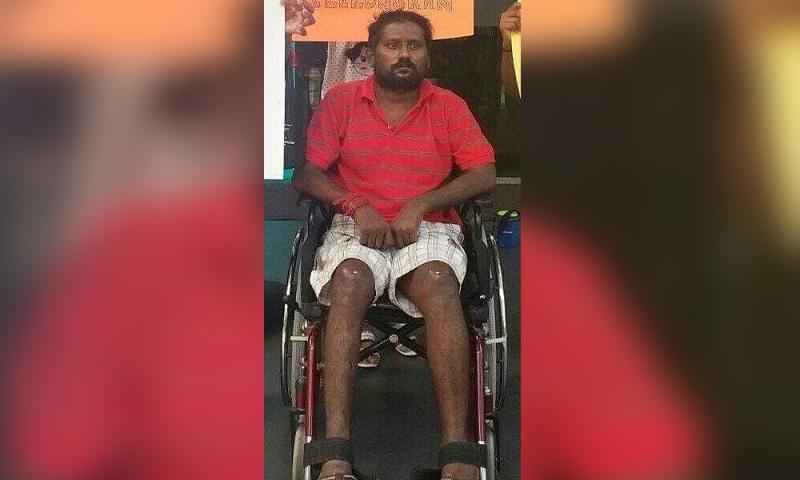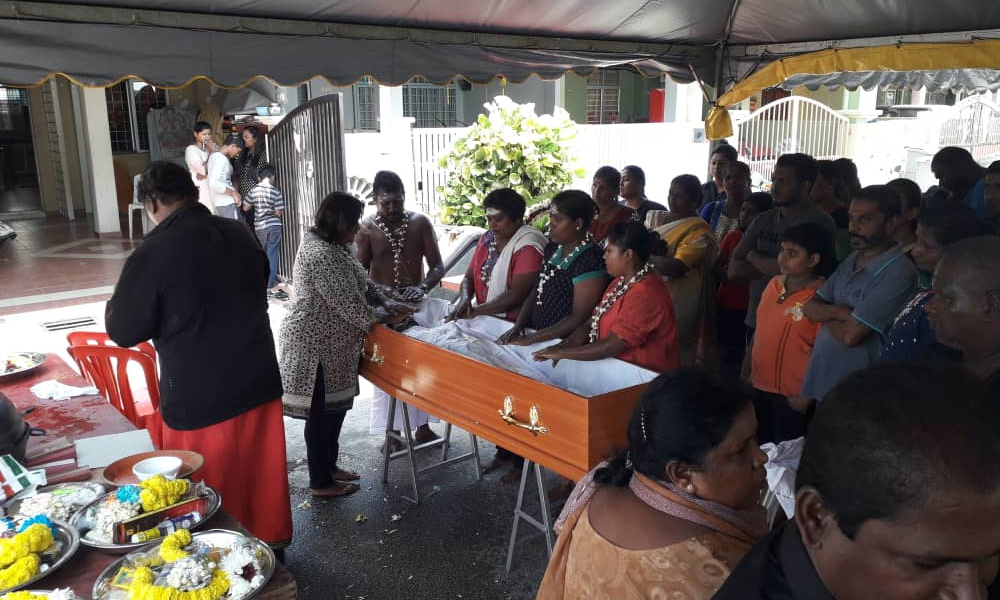COMMENT | Just before 10pm on Monday, P Balan's condition deteriorated. His family had barely rushed him out of the house when it appeared that he had breathed his last.
This was later confirmed by the Tuanku Ja'afar Hospital in Seremban when they certified that he died of an infection. PSM activist Tina related this from the mortuary. "Anna, his eyes were still open, his dreams have not been fulfilled."
Yes, Balan is now liberated from pain and suffering, but he left behind something unfinished.
Three days before his death, I received a rare call from him. He asked me how I was, how my health was. That was Balan. In spite of being paralysed waist-down, he always inquired about others' health.
During the conversation, Balan mentioned in passing that he was hospitalised, but was more interested in his pending court case on June 24. As usual, I told him, “Balan, don’t worry. We will fight it out.”
I assured him that I would come to court. The conversation ended with us saying that we would meet in court. That is not going to happen now.
At his funeral yesterday, in the midst of his two sisters crying hysterically, I pondered on his rare phone call and reflected on his life. His wish remained unfulfilled, and so does our support system.
A tough life
Balan was born on Aug 28, 1979, and would have been 40 this year. He married when he was just 20, but separated from his wife two years later. He had a son in her custody, and they have had no contact since.
In 2013, the husband of his eldest sister Devi was kidnapped and she never saw him again. So Balan took care of her and her child. His other sister Thanam also lost her husband and became a widow with three children. Balan also took them under his shelter.
They all stayed in Balan’s house in Seremban Jaya which he bought in 2005 by obtaining a loan from BSN for RM115,000.
In 2015, tragedy struck. Balan was involved in a serious industrial accident at his workplace. He fell and hit a hard iron bar while doing a dismantling job.
He suffered severe injuries to his backbone, as his spinal nerves in T4 and T5 snapped, resulting in him becoming paralysed waist-down. He was hospitalised for almost nine months with the possibility of death hanging over him.
But Balan survived. Since then, he had been confined to a wheelchair and declared a disabled person by the Seremban Welfare Department. Suddenly the sole breadwinner, supporting two sisters and their children, was rendered immobile.
But his suffering did not end there.
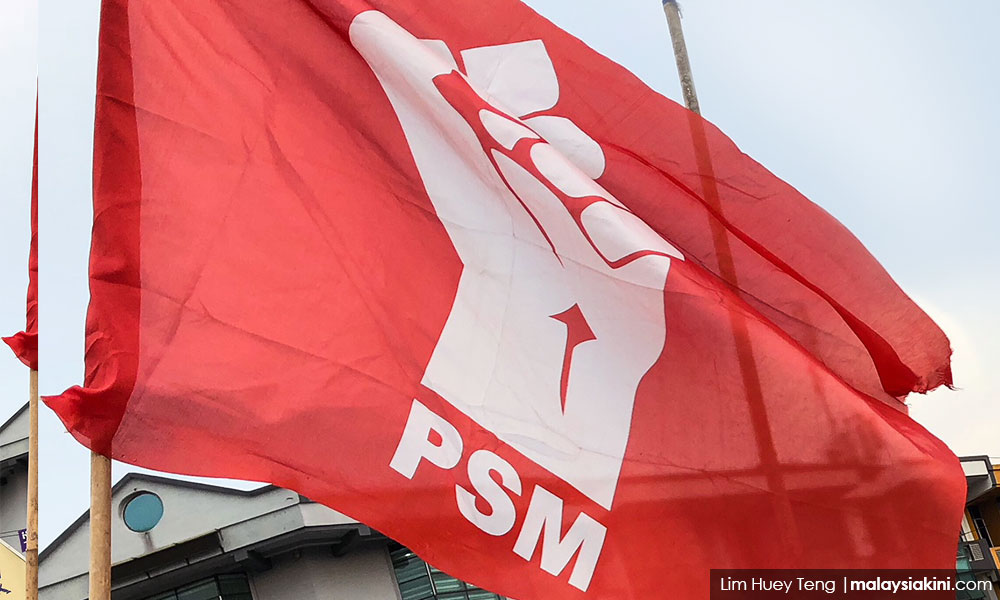
BSN delivered the next blow by auctioning his house. That is how PSM came into the picture.
Housing insurance farce
On Oct 22, 2015, while Balan was still in the hospital, he received a letter from BSN stating that he had defaulted on his loan repayments for some months.
However, records show that Balan made his last payment to the bank on June 11, 2015, just ten days before his critical accident.
For 12 years since buying the house, Balan had been servicing the loan diligently without any unpaid dues. It was only after his accident that he could not pay.
Balan’s sister met a BSN officer named Khairul, and told him about her brother's condition, as well as their inability to pay since he was the sole breadwinner.
The BSN officer also met a doctor who told him about Balan's health condition. Khairul then advised them to make an insurance claim and asked for some documents – such as the mortgage reducing term assurance (MRTA), which is used when the borrower dies or has serious health problems.
Balan's sister submitted all documents required the next month, save for the full medical report – which could not be prepared as he was still hospitalised.
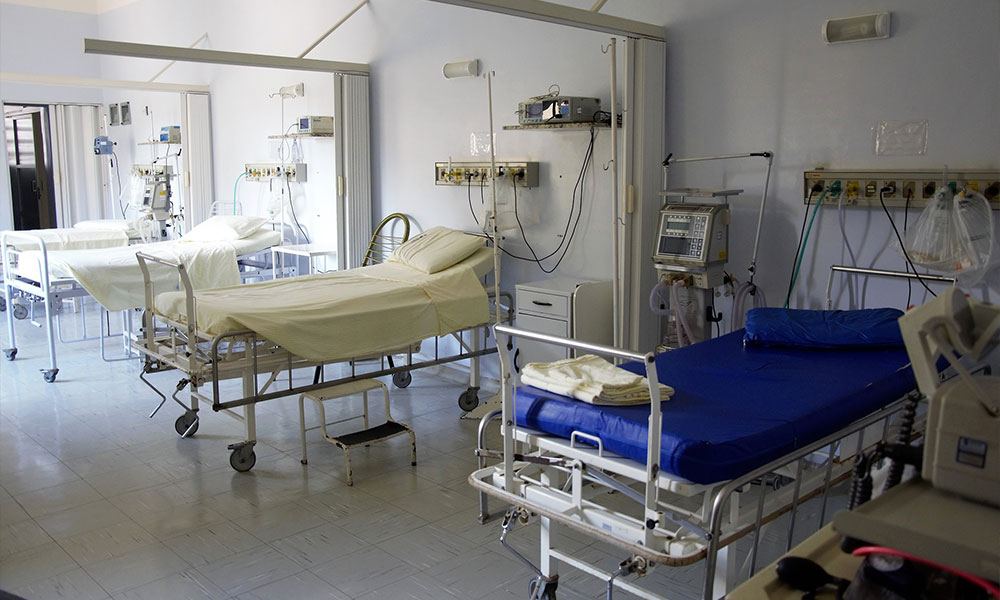
The insurance company then rejected the claim on the ground that the medical report was incomplete. But neither Balan nor his sisters were notified of this development.
On Jan 6, 2016, they were shocked to get a letter stating the house was going on auction. Balan's sister pleaded with the bank, but they did not have any empathy or compassion. Why the hurry to auction his house?
A letter from BSN in June 2016 revealed that he had defaulted for nine months from July 2015 until February 2016. This was clearly due to his accident which paralysed him. This also indicated that before the accident, he made all his payments promptly.
Shouldn’t BSN, being a GLC, have shown some empathy?
The following month, on Feb 16, 2016, Balan’s house was auctioned in the Seremban High Court for RM150,000. Laying paralysed in a hospital bed, he was unable to do anything about it.
He was discharged on March 4, and came to seek PSM's assistance. Looking at his condition and the issue, PSM comrades were ready to assist.
Initially, we thought that it would be a straightforward matter. We also thought BSN, being a GLC, would be easier to deal with compared to a private bank. We also thought there was some misunderstanding, and when the bank knew his true condition, the house could be saved.
Tina, the Seremban PSM activist, then held several meetings with the bank to understand why his house was auctioned off in such a hurry.
What angered Balan most was when he was told that in an April 2016 meeting that he could still appeal his insurance claim after 120 days – in June.
This was a mockery. How could he appeal when his house had been auctioned off? Isn’t the role of the insurance company to save his house from being auctioned?
After failing to get any solution, on May 10, 2016, we held a protest at the BSN headquarters in Kuala Lumpur, and handed a memorandum addressed to the CEO Adinan Maning.
The memorandum was received by Arida Ariffin, the vice-president of corporate affairs. At the meeting at the BSN headquarters, officials were also puzzled about the house being auctioned and agreed to stop all transactions.
They also assured us that this might be all a big misunderstanding and they would do everything they could to resolve the problem.
Unfortunately, however, BSN then gave us the cold shoulder and refused to entertain our calls and emails. Then on June 8, we received a letter from BSN Seremban stating that they wanted to proceed with the auction, with no reason given.
We tried other things like sending individual letters to all BSN directors. We had still some hope that if one of them actually read about Balan’s plight, they would intervene. Save for one director, who said he had already resigned from the board, there was no response.
We also put a private caveat on the land. Our next course of action was to file a complaint with Bank Negara.
Bank Negara – we don’t have power
In early May 2016, we submitted a letter addressed to the governor of Bank Negara. We called for an investigation into syndicates trying to buy over properties and using all means and influence to do so.
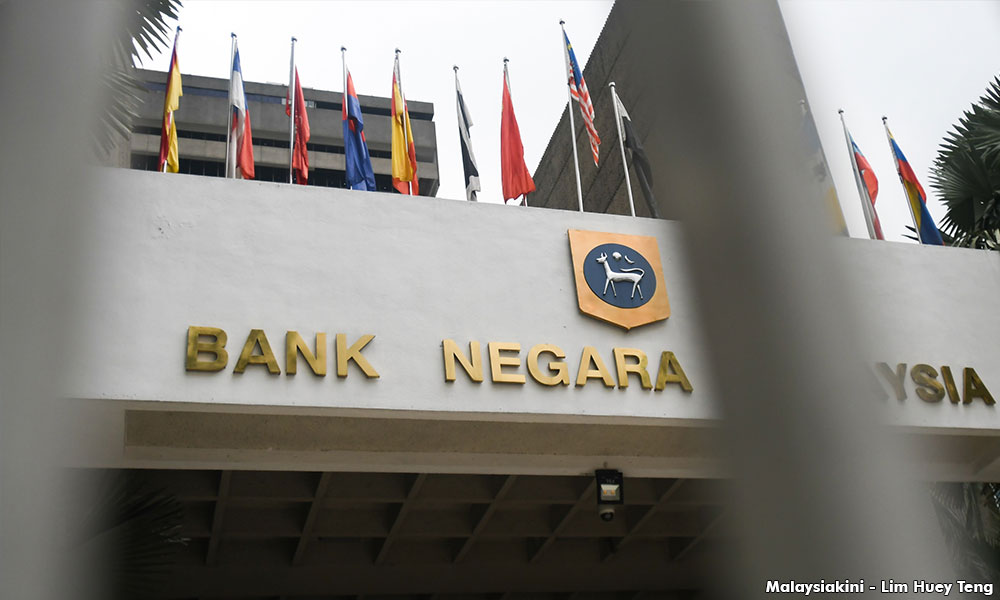
In this case, we were baffled because in spite of all our intervention, BSN still wanted to proceed. On 15 Jun 2016, we again wrote another letter. Nothing moved.
So we used our most well-known weapon when our letters didn't get a response – a demonstration. So along with Balan in the wheelchair, we organised a protest outside Bank Negara on Oct 26, 2016.
On the same day, a meeting was organised with some high ranking Bank Negara officers. They were very considerate and they also indicated something was wrong. They then said that they will arrange a meeting summoning BSN. This raised our hopes that the central bank would act.
On three occasion over the next two months, Bank Negara called us to set up a meeting with BSN, but each time, the meeting got called off.
There were reasons given such as BSN could not make it, and once it was said that they couldn’t get a senior officer in Bank Negara to chair the meeting.
We were getting impatient with the excuses, and finally, we were told that the all-powerful central bank had no power and jurisdiction over BSN.
'Don’t raise the issue of the homeless'
Having had no success, we then tried to raise the issue with Suhakam. It was our conviction that Balan was a victim, and this was a corporate violation by BSN.
On Sept 9, we submitted a memorandum to the commission. The title of our memorandum was 'Selamatkan keluarga OKU sebelum menjadi mangsa gelandangan (Save a disabled person's family from homelessness).'
We also cited Article 25 of the Universal Declaration of the Human Rights which Suhakam subscribed to.
It states that: "Everyone has the right to a standard of living adequate for the health and well-being of himself and of his family, including food, clothing, housing and medical care and necessary social services, and the right to security in the event of unemployment, sickness, disability, widowhood, old age or other lack of livelihood in circumstances beyond his control."
In March 2017, we got a call from Suhakam, where it agreed to conduct a mediation process between the parties.
We were thrilled because just before that, the new owner of Balan’s house was also trying to evict him. We were optimistic, if they were genuine buyers, then they will let go of the house after seeing Balan’s condition.
The Suhakam commissioner conducted two mediation meetings. The second meeting on May 9, 2017, ended abruptly when the commissioner, unhappy that both parties could not compromise, walked out.
The Suhakam commissioner was also angry with me when I raised the question of making a person homeless. He told us to refrain from saying that. The biggest flaw in the process was that the commission missed the fundamental issue at play here.
In any human rights violation, there is always a violator and a victim. In this case, there were two victims – Balan and the house buyer. The violator can only be BSN, which auctioned Balan’s house when the insurance claim option was not exhausted.
Sadly, the Suhakam commissioner refused to take BSN to task and kept asking Balan or the new buyer to let go of the house.
The new buyer claimed they needed the house because their mother was attached to the house and kept talking about it. Balan, on the other hand, definitely had more attachment because it was his only house, and he had stayed there for more than a decade.
Ongoing court battles
As we were pursuing this, another battle was going on in the courts. Activist lawyer S Karthigesan, who is with Hindraf and the human rights committee in the Negeri Sembilan Bar, took up the case pro bono.
On September 2016, BSN filed a suit to cancel our caveat filed in June 2016. On Feb 16, 2017, BSN failed to lift our caveat. On May 30, the house buyer then made another attempt to cancel our caveat. She managed to do so on Aug 11.
Both parties – BSN and Balan – filed appeals. Then BSN cleverly withdrew from the appeal and wanted the battle to be between Balan and the new homeowner.
In May 2018, Balan filed a new suit against BSN and the new owner. The case was postponed several times and finally, the judge pushed for mediation on Sept 27, 2018.
Mediation then went on. The matter finally revolved around money. The new owner wanted a huge sum, much higher than the price of the house. BSN was willing to pay an amount which was much less.
Balan was caught in the middle, because he was the only one who needed a house, but did not have the huge sums of money they were all talking about.
In hindsight, if Balan had died at the time, then MRTA would cover the entire cost and his sisters could live in the house.
The next court date is set for June 24. It is unclear if the other parties will rejoice at this new development or will let Balan’s soul rest in peace.
Breakdown of support system
Looking back, Balan had an Industrial accident, and yet there was not much support.
MRTA failed him, and a GLC bank showed that they were no better than a private bank. What happened to corporate social responsibility?
Bank Negara said it had no power, and Suhakam lacked the passion to resolve the issues. Now the courts will decide on the dead man’s unfulfilled wish.
It was raining heavily when Balan’s body was at the Templer Crematorium in Seremban.
The only silver lining on this gloomy day was when Balan’s son, now 19, made a surprise appearance.
Tina had received a call a few hours earlier from a family member who read about Balan online. We then told the undertakers to wait for his son. He arrived in time to do the final rites.
Seeing the lifeless body of the father he had not seen for 18 years would have been hard for him, but it was a reunion long overdue.
Will Balan’s family get his home back? That is the outstanding matter for us.
His sisters believe his soul will remain in the home, for that was his battle to the very end.
S ARUTCHELVAN is a central committee member of PSM.
The views expressed here are those of the author/contributor and do not necessarily represent the views of Malaysiakini.




